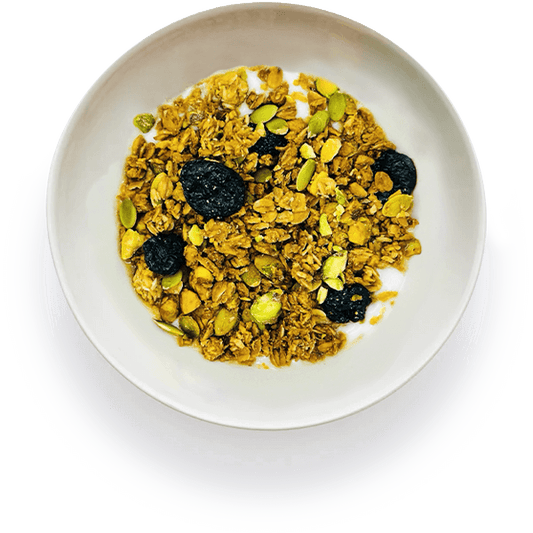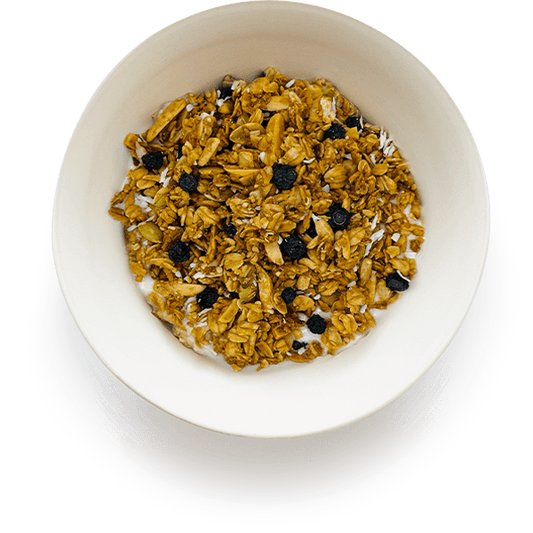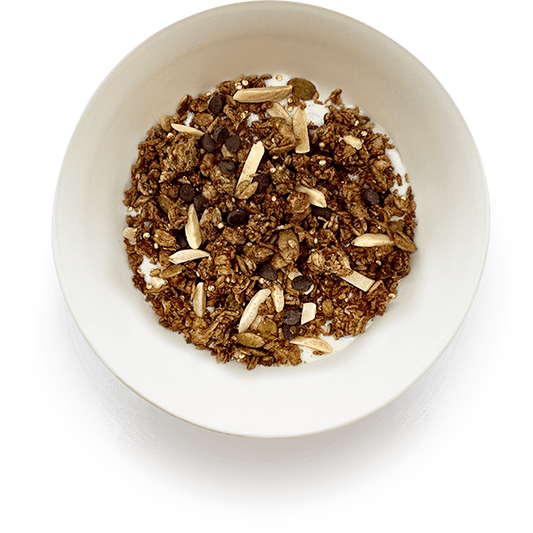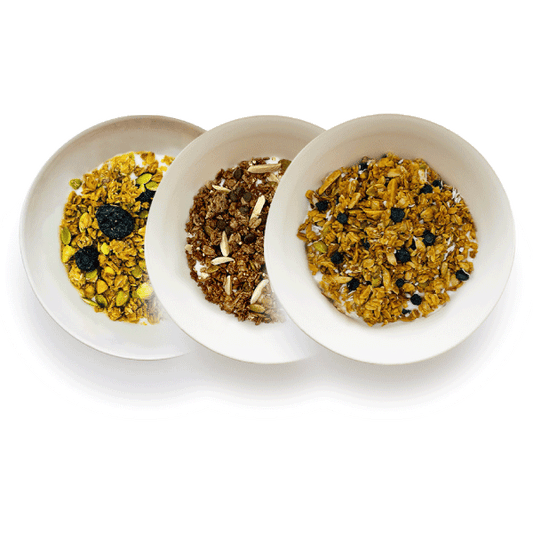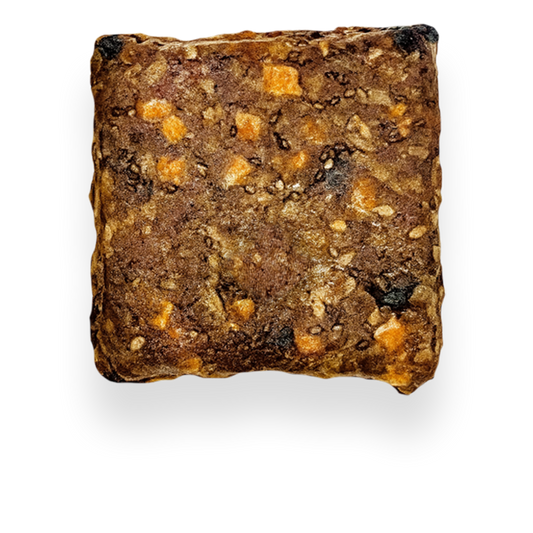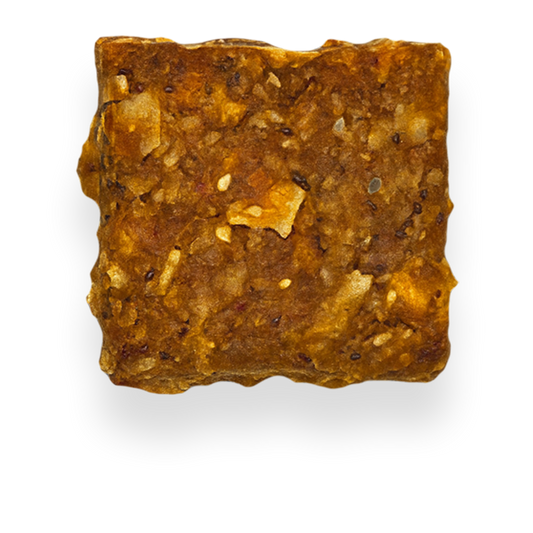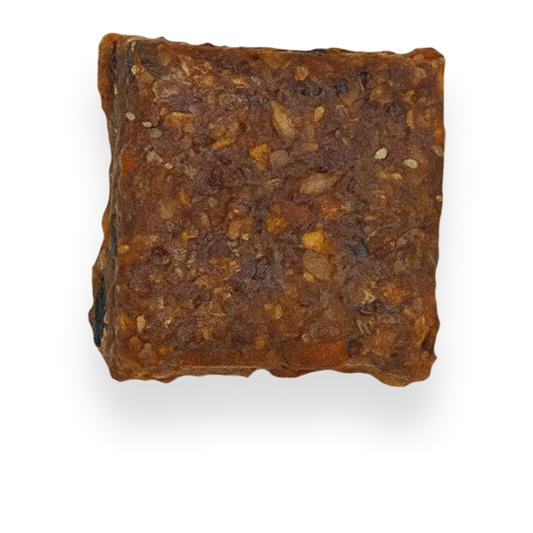Embrace the Power of Plant-Based Nutrition Today!
By FireRoad
In today’s fast-paced world, many individuals are shifting towards healthier lifestyles that include a focus on plant-based nutrition. Whether you’re a seasoned vegetarian, vegan, or just someone looking to improve your eating habits, this guide will help you understand the fundamentals of plant-based eating and the benefits it can bring to your life. Let’s dive into the vibrant world of plant-based nutrition and learn how incorporating whole foods can enhance your health, fitness, and overall well-being!
What is Plant-Based Nutrition?
At its core, plant-based nutrition emphasizes consuming whole, minimally processed foods that come from plants. This means fruits, vegetables, grains, seeds, legumes, and nuts dominate your diet. Contrary to popular belief, a plant-based diet doesn't necessarily mean complete elimination of animal products. Instead, it encourages a higher intake of plant foods, thereby emphasizing their importance while reducing processed foods and animal products.
The Benefits of Plant-Based Eating
Switching to a plant-based diet has been linked to numerous health benefits:
- Improved Heart Health: A diet rich in fruits, vegetables, and whole grains has been shown to lower cholesterol levels and reduce the risk of heart disease.
- Weight Management: Plant-based foods tend to be lower in calories and higher in fiber, making it easier to maintain a healthy weight.
- Enhanced Athletic Performance: For fitness enthusiasts, proper nutrient intake is crucial. Plant-based diets provide an excellent source of protein necessary for muscle recovery and growth.
- Increased Energy Levels: The nutrient-dense nature of whole plant foods fuels your body effectively, contributing to higher energy levels.
- Support for Healthy Digestion: A fiber-rich diet promotes a healthy gut and can prevent digestive issues.
Key Nutrients in Plant-Based Foods
When transitioning to a plant-based diet, it's essential to be aware of the key nutrients your body needs. While plant foods are naturally rich in many vitamins and minerals, it’s important to focus on the following:
- Protein: Contrary to the myth that plant-based diets lack protein, many plant foods like beans, lentils, quinoa, and tofu pack a protein punch.
- Iron: Found in legumes, seeds, and leafy greens, iron is crucial for energy production. Pairing these foods with vitamin C-rich foods like bell peppers can enhance iron absorption.
- Calcium: Veggies such as kale and fortified plant-based milk offer excellent sources of calcium, vital for bone health.
- Omega-3 Fatty Acids: Important for heart and brain health, these can be sourced from flaxseeds, walnuts, and chia seeds.
- Vitamins B12 and D: While B12 is typically found in animal products, those on strict plant-based diets may need to consider fortified foods or supplements.
Incorporating Flavor in Every Meal
A common misconception about plant-based meals is that they lack flavor. This couldn't be further from the truth! Remember, the key to delicious plant-based cooking is the art of seasoning and creativity. Here are some tips to boost flavor without compromising health:
- Herbs and Spices: Fresh herbs like basil, cilantro, and parsley, along with spices such as cumin and turmeric, can add depth to any dish.
- Creative Cooking Techniques: Roasting, grilling, or sautéing can enhance the natural flavors of vegetables and grains.
- Use of Sauces: Incorporating flavorful sauces like a tangy ginger dressing or a creamy tahini sauce can elevate a simple dish.
- Experimenting with International Cuisines: Dishes from various cultures, such as a delicious Thai curry tofu dinner, present ample opportunities to enjoy global flavors and ingredients.
Easy Meal Ideas to Get Started
Transitioning to a plant-based diet doesn't have to be daunting! Here are some simple yet delicious meal ideas to keep you on track:
- Breakfast: Start your day with a smoothie packed with spinach, banana, almond milk, and a scoop of protein powder.
- Lunch: A hearty quinoa salad loaded with colorful veggies, chickpeas, and a lemon-tahini dressing makes for a satisfying meal.
- Dinner: Try a flavorful Thai curry tofu dinner, utilizing coconut milk, mixed vegetables, and served over brown rice.
- Snacks: Opt for fruits, nuts, or hummus paired with whole-grain crackers for a quick energy boost.
Plant-Based Eating and Fitness
If you're into fitness, you might be wondering how a plant-based diet can fit into your regimen. Many athletes and fitness enthusiasts have found that plant-based eating fuels their workouts and recovery. The focus on whole, unprocessed foods provides the necessary nutrients and fiber vital for optimal performance.
Incorporating a variety of food groups ensures a well-rounded intake, allowing you to maintain energy levels throughout your workouts. Combine your post-workout protein shake with leafy greens or a yummy Thai curry tofu dinner to replenish your body effectively.
The Environmental Impact of Eating Plant-Based
Beyond personal health benefits, adopting a plant-based lifestyle positively influences the environment. Animal agriculture is a significant contributor to greenhouse gas emissions, deforestation, and water usage. By choosing plant-based foods, you reduce your carbon footprint and support sustainable growth practices.
Moreover, increasing the demand for plant-based products encourages more farmers to adopt environmentally-friendly methods, fostering a healthier planet for future generations.
Common Misconceptions about Plant-Based Diets
There are a few myths surrounding plant-based nutrition that can deter individuals from making the switch. Let’s address them:
- It’s Expensive: While some specialty products can be costly, a diet centered around whole foods is often more budget-friendly than one that relies on processed and animal-based foods.
- It Lacks Nutrients: If planned wisely, plant-based meals can provide all the necessary nutrients, plus they come loaded with antioxidants and phytonutrients.
- It’s Difficult to Prepare: Plant-based cooking can be simple! Many recipes require minimal ingredients and basic cooking methods.
- You’ll Miss Out on Flavor: With the right seasonings and cooking methods, plant-based meals can be as flavorful and satisfying as traditional dishes.
Bridging the Gap: Plant-Based for Everyone
Adopting a plant-based diet doesn’t have to be all or nothing. It's entirely possible to start small by incorporating more plant-based meals into your week. Perhaps designate one day a week as "meatless Monday" or challenge yourself to try a new plant-based recipe every week.
Building awareness and understanding of the alternatives can gradually change your mindset and habits around food. As you become more familiar with various plant-based ingredients and their versatility, cooking will feel less like a chore and more like an exciting challenge!
Your Path to Vibrant Health and Well-Being
The journey to embracing plant-based nutrition can be enlightening and transformative. Not only does it connect you with a colorful array of foods, but it also nurtures your body and our planet. Remember that making changes doesn’t happen overnight; it is a process of discovery and experimentation.
Stay curious about flavors, and be proactive in seeking new recipes that inspire you! By leveraging the abundance of fruits, vegetables, legumes, nuts, and grains at your disposal, you'll find a wealth of unique flavors and nutrients that can enhance your life. Get started today, and watch your health thrive!
Embrace plant-based eating and enjoy the health benefits—one delicious meal at a time!



